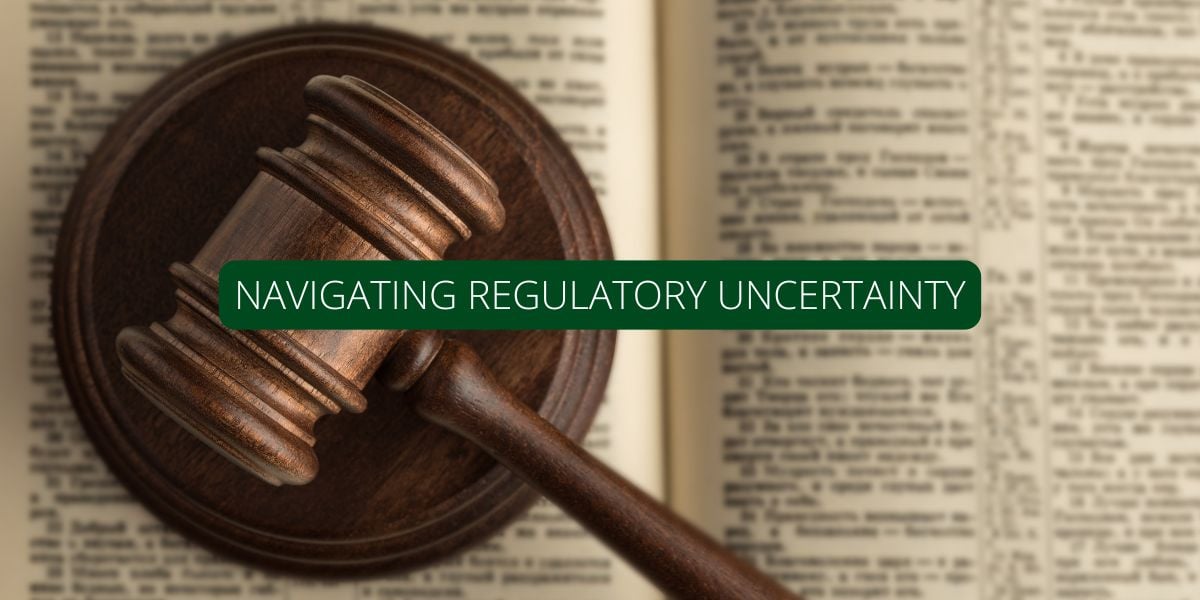Navigating Regulatory Uncertainty


In today's dynamic legal landscape, one constant remains: change. Whether it's the rapid evolution of technology, shifting political priorities, or emerging societal concerns, legal and regulatory frameworks are in perpetual motion. For practitioners everywhere, navigating regulatory uncertainty isn't merely a challenge—it's a fundamental competency that defines success.
The impact of this uncertainty is far-reaching. Businesses face heightened compliance risks, investors become more cautious, and even long-standing practices can be upended overnight.
For law firms, in-house counsel, and government attorneys, adapting to regulatory uncertainty requires a proactive and strategic approach. It is important to proactively monitor--dedicate resources and implement systems to monitor legislative proposals, agency guidance, and industry specific trends. Build flexible compliance frameworks. Static compliance manuals quickly become outdated, it is important to create adaptable internal policies and procedures that can be quickly modified if regulations change. Additionally, conduct regular workshops to anticipate potential shifts and their impact on clients. Participate in public consultations, submit comments on proposed rules, and join industry committees that interact with regulatory bodies.
Navigating regulatory uncertainty is no longer a peripheral task; it's central to providing effective legal counsel and ensuring the long-term viability of businesses. Embracing these strategies will not only mitigate risks but also transform challenges into opportunities, strengthening our role as indispensable advisors in a rapidly evolving world. By fostering proactive engagement, leveraging innovative tools, and prioritizing continuous learning, we can collectively ensure that our legal practices remain resilient and impactful, no matter what regulatory changes lie ahead.
